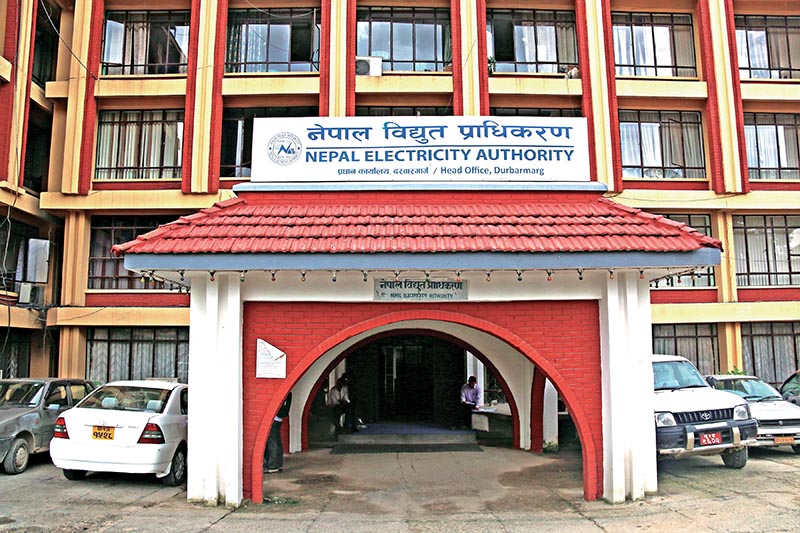NEA to build 50 charging stations
NEA to build 50 charging stations
Published: 10:00 am Sep 27, 2019

Kathmandu, September 26 With the continuous rise in the use of electric vehicles (EVs) in the country, Nepal Electricity Authority (NEA) has unveiled a plan to establish 50 charging stations across major cities and highways. Publishing a notice today, the power utility has requested property owners, including commercial complexes, cinema halls, supermarkets, parks, universities, government authorities, hotels, hospitals, among others, to make land available for the purpose. NEA has said it will set up 15 charging stations across Kathmandu Valley within the next six months and the places are being finalised at the moment. Following the establishment of the charging stations in the Valley, NEA also plans to set up such charging stations across different places in Pokhara, Nepalgunj, Chitwan and Biratnagar. As per NEA, it has planned to establish the EV charging stations every 100 to 200 kilometres along the highways where vehicles usually stop for refreshment. As per plan, the charging stations will be able to charge at least three EVs at a time. “We will select those areas where there are more parking spaces available,” said Lila Kumari Aryal, information officer at NEA, adding that this is a commercial model will help those property owners who make land available for the charging stations to increase their business. She further said the power utility will soon publish a tender to install the charging stations and added that the authority hopes to complete the construction works within six months after the tender is awarded. Along with the government according more priority to electric vehicles and growing concerns regarding pollution issues, the demand for electric vehicles has increased in the country in recent years. NEA estimates that there are almost 600 electric four-wheelers and 10,000 such two-wheelers plying on the Valley’s roads. However, owners of such electric vehicles have been forced to charge their vehicles at home owing to the lack of charging stations.



